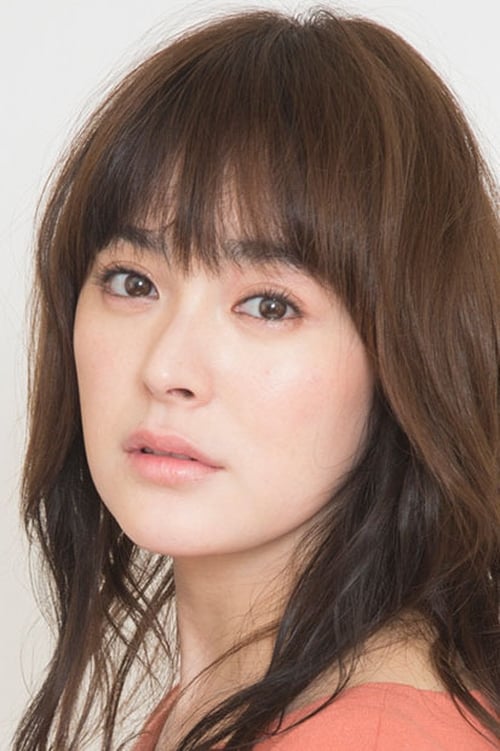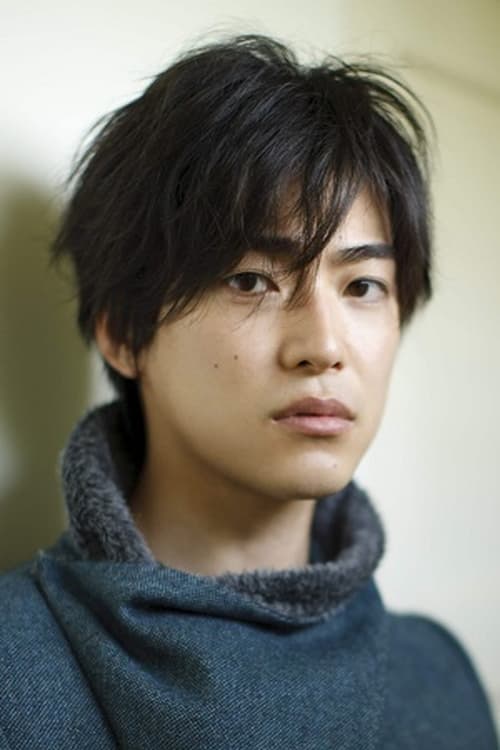Homecoming (2017)
I wasn't told all the while…
Genre : Drama, Family
Runtime : 1H 52M
Director : Takeo Kikuchi
Writer : Noriaki Sugihara
Synopsis
Mutsuko has been living on an island to which her grandmother and mother have restricted her from leaving. To Mutsuko, the symbol of her freedom was Dreamland, an amusement park on the mainland, but she learns it will be closing permanently this year. Meanwhile, Wataru returns to the island after nine years due to a job transfer. A pupil of his deceased father pays him a visit and tells him about a side of his father he did not know about.

In Japanese-occupied Hong Kong, a school teacher and her would-be-fiancé link up with Chinese guerrilla fighters, forging their own path to freedom.
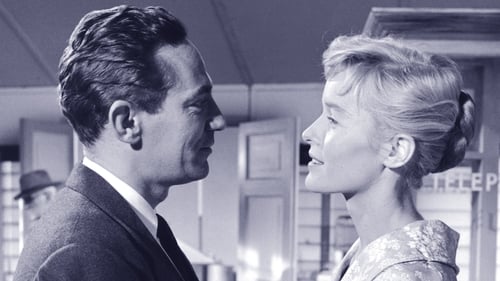
In 1941, The advancing Japanese army captures a lot of British territory very quickly. The men are sent off to labor camps, but they have no plan on what to do with the women and children of the British.
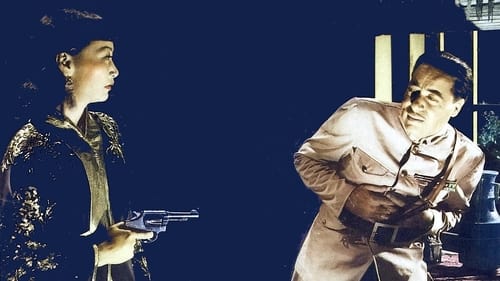
During World War II, Chinese guerrillas fight against the occupying Japanese forces. A young woman is the secret leader of the villagers, who plot to rescue two downed Flying Tigers pilots who are currently in the custody of the Japanese. The rescue mission takes on even more importance with the arrival of a Japanese general, which signals a major offensive taking place in the area.
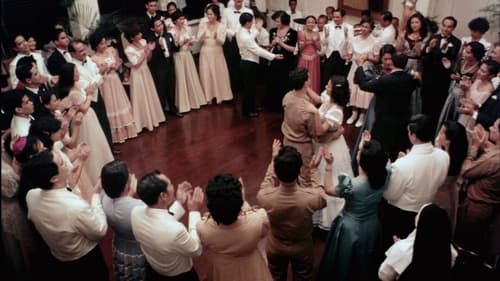
Oro, Plata, Mata follows two aristocratic families in Negros during World War II. It is structured in three parts: Oro a life of luxury and comfort in the city, Plata a still-luxurious time of refuge in a provincial hacienda, and finally Mata a toilsome retreat deeper into the mountains.
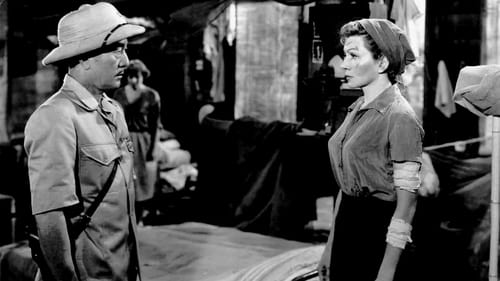
Borneo, 1941, during World War II. When the Japanese occupy the island, American writer Agnes Newton Keith is separated from her husband and imprisoned with her son in a prison camp run by the enigmatic Colonel Suga.
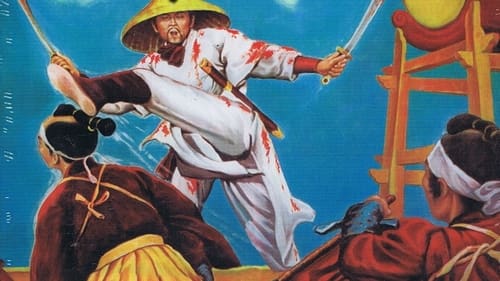
A sort of re-telling of Kurosawa’s “Seven Samurai”. This time the protagonists are a group of Chinese villagers who must band together to recruit outside help to defend themselves against marauding Japanese pirates demanding protection money. Set in year 1556, it’s supposedly based on true events occurring during the twilight of the Ming Dynasty.

A young Japanese actress remembers her war childhood in Korea. Her father goes to fight, her baby sister Miko dies of typhoid, her beloved Korean maid Ohana is fired due to a mistake which could cost Chiko her life... By and by Chiko realizes that the country is being ruled by the Japanese and the Koreans are persecuted. When the war ends, the Koreans chase the Japanese rule and the roles change. Now Chiko's family is unwanted. But then the Russians come and this is the end. They have to burn all the pictures to avoid all suspicions... even Miko's picture. But when the Russians come to their house, they decide to flee over the 38th Parallel towards freedom. A group of men, women, children struggles along the mountains, led by the light of the Northern Star. Along the way they meet a Korean man, who is willing to help them to escape the Russian soldiers although his family was killed by the Japanese.

As the daughter of the Chinese police chief, Angela secretly dresses up as a man to use her kung fu on Japanese troublemakers.
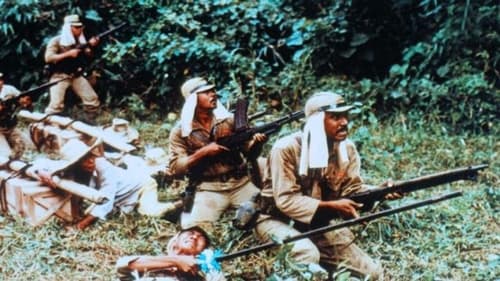
Japanese soldiers battle a tribe of cannibals while protecting a gold shipment.

War drama set in the closing stages of World War Two. As Allied Forces are nearing the defeat of the Japanese Army in Manila, the Japanese Empire's soldiers begin attacking innocent civilians. A brutal month-long battle ensues.

Heo Seung, who states that he was “born from soil, will live in soil, and die in soil”, becomes a lawyer in Seoul. However when villagers in his hometown are imprisoned for protesting against Japanese oppression, he decides to return to his village and rediscovers the true way to help his country.

This film is set during the Japanese occupation of China circa WWII. In it, the Japanese occupiers (and the Chinese Quislings who work for them) are portrayed as total monsters who kill children and rape all women. The heroes are resistance fighters who oppose the occupation.

In May of 1941, a group of young army volunteers is recruited in Chumpon south of Bangkok. Many high-school students apply to join the group. When the Japanese army lands at Chumpon in December, they bravely fight against the army. The film is based on the true story of how young army volunteers fought to defend their country from the Japanese Army. A misunderstanding between the two nations caused the unnecessary war to break out.
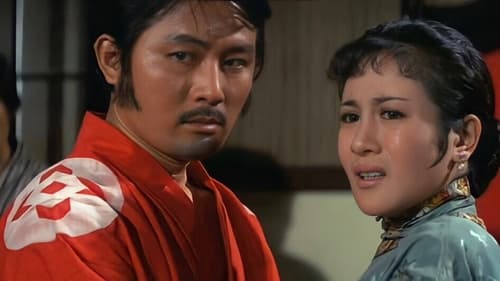
A small village is taken over by the nasty Japanese, who kill the town's top kung fu fighter in order to scare the populace into submission. Escaping the wrath of the Japanese, the son of the master flees into the hills, where he trains with a group of rebels led by Gam Kei-Chu. Fast-forward ten years, and Chuen returns to the village armed with his father's secret technique of the Thunderbolt Fist with the hopes of killing the leader of the Japanese.

Patriotic university student Youngwoo and his friends, led by their teacher Lee Sung, along with a British friend bid farewell to their families and become freedom fighters in Manchuria fighting against the Japanese occupation around the Tumen River.

Spy films had always been popular in Chinese-language cinema, with stories set mostly in WWII or the warlord era. The Tender Trap of Espionage, made two years before Dr. No (1962) which kickstarted the Bond film craze, is a story of intrigue between spies and counterspies within the Japanese Occupation force. The film was shot in Taiwan, offering unique visages, with cat-and-mouse mind games set in motion against trust, betrayal and seduction. Based on the British film The Two-Headed Spy (1958), future action maestro Chang Cheh wrote the script while husband-and-wife team Lo Wei and Lau Leung-wah star together as agents, with Lo doubling as director.


Mutsuko has been living on an island to which her grandmother and mother have restricted her from leaving. To Mutsuko, the symbol of her freedom was Dreamland, an amusement park on the mainland, but she learns it will be closing permanently this year. Meanwhile, Wataru returns to the island after nine years due to a job transfer. A pupil of his deceased father pays him a visit and tells him about a side of his father he did not know about.
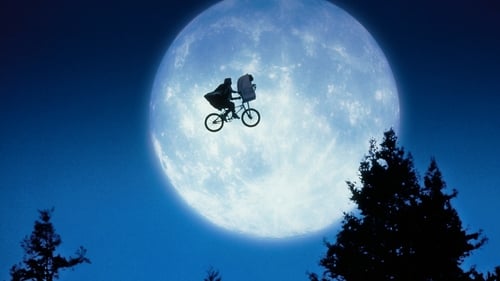
An alien is left behind on Earth and saved by the 10-year-old Elliot who decides to keep him hidden in his home. While a task force hunts for the extra-terrestrial, Elliot, his brother, and his little sister Gertie form an emotional bond with their new friend, and try to help him find his way home.

Out of Africa tells the story of the life of Danish author Karen Blixen, who at the beginning of the 20th century moved to Africa to build a new life for herself. The film is based on the autobiographical novel by Karen Blixen from 1937.

